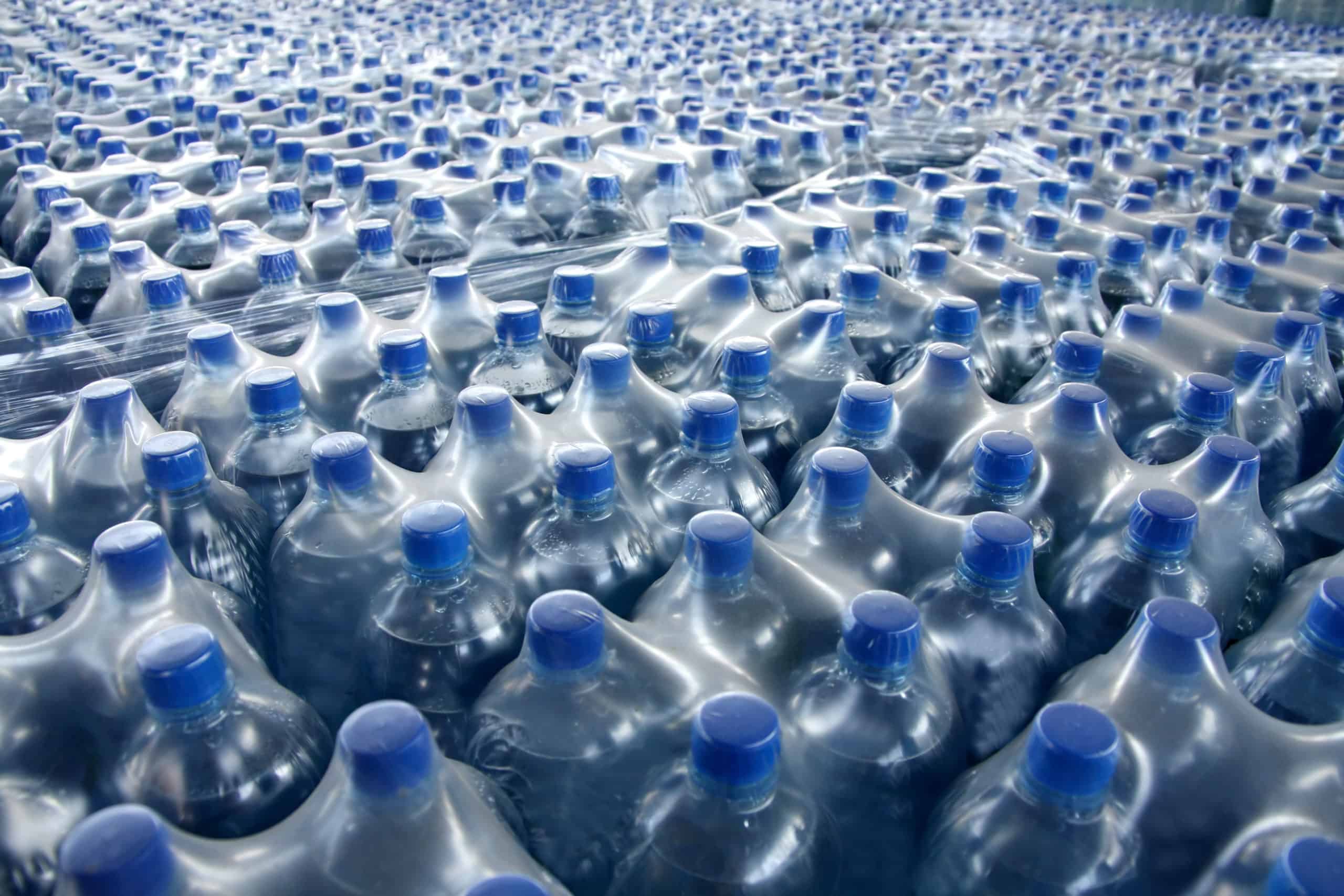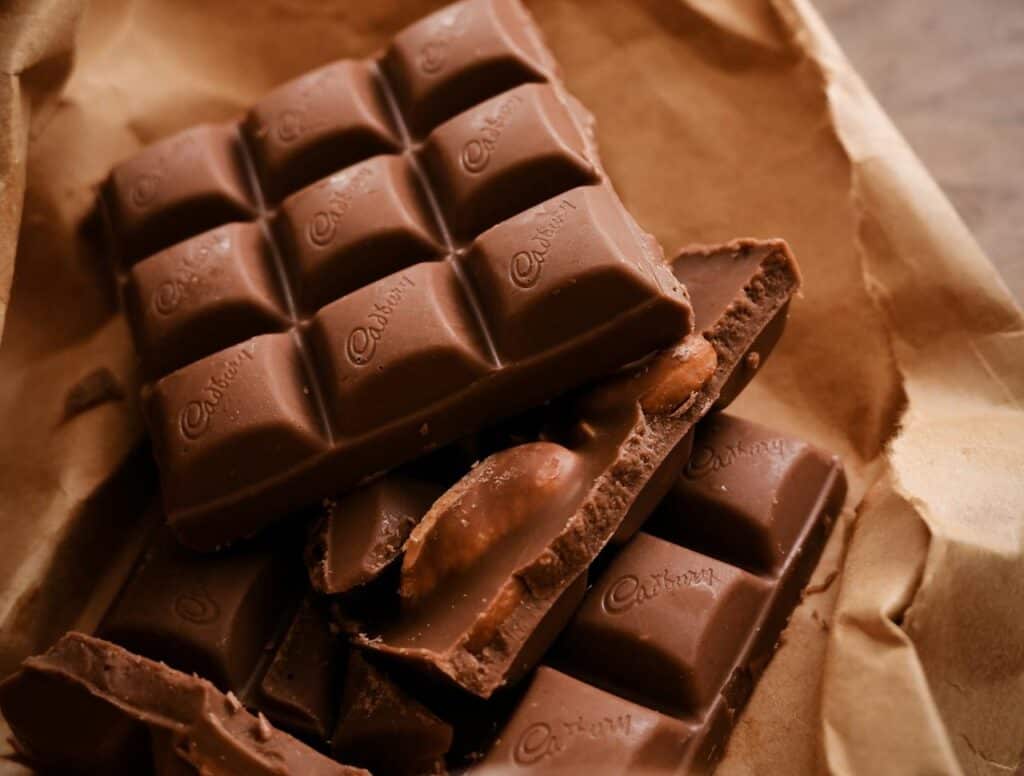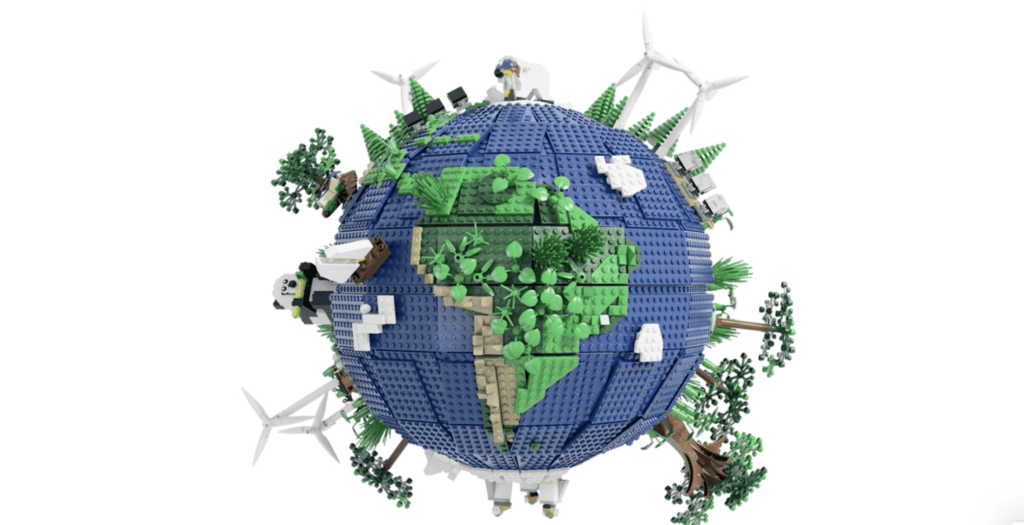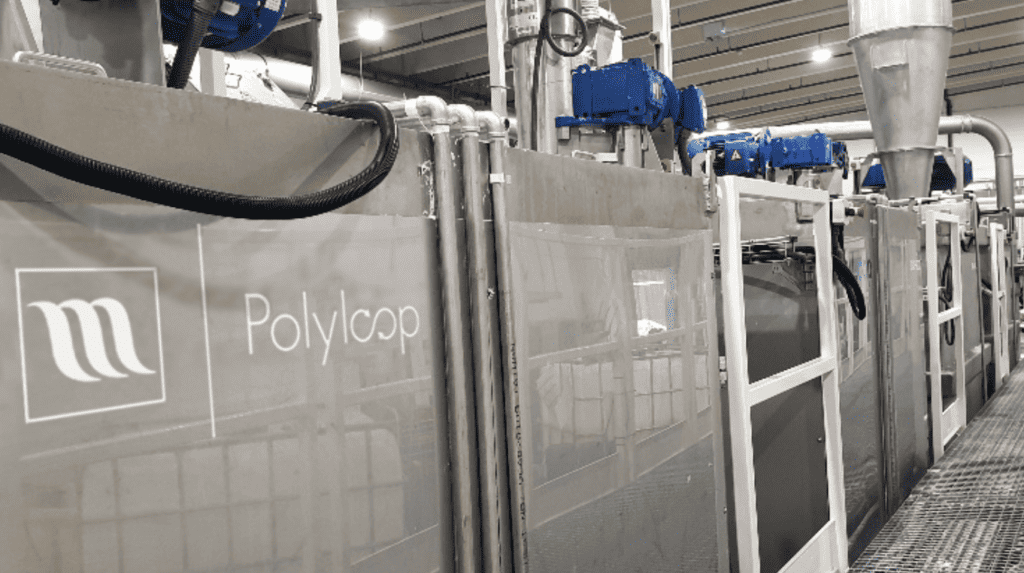Waste & Resources Action Programme (WRAP) has produced a UK Plastics Pact. The aim of the pact is to reduce problem plastics in UK circulation.
What is the UK Plastics Pact?
WRAP acknowledges the benefits of plastic in our everyday lives, but states that their impact on the environment is detrimental, and needs to be addressed. The pact members include a huge range of UK businesses, NGOs, local authorities, and citizens. The members make up 85% of those selling plastic packaging through UK supermarkets.
The focus is to tackle problematic or unnecessary plastic. It is problematic or unnecessary when its use is avoidable as reusable options are available, if it is not recyclable or hampers the recycling process, or if it pollutes the environment.
WRAP has listed eight main problematic plastics that need to be eliminated. These are:
- Disposable plastic cutlery
- All polystyrene packaging
- Cotton buds with plastic stems
- Plastic stirrers
- Oxo-degradables that break down to create microplastics
- Plastic straws
- PVC packaging
- Disposable plastic plates and bowls
These plastics are just the start of the elimination goals, and WRAP continues to investigate more problematic plastics to add to the list.
The biggest brands and businesses in the UK are members of this pact. Coca-cola, Asda, Heinz, and Tesco, are some of the many members working towards reducing plastic consumption. All of the members are working towards different targets. The pact requires these targets to be reached by 2025.
The initial pact had four main targets:
- To eliminate problematic or unnecessary single-use packaging through redesign, innovation or alternative delivery models.
- To make 100% of plastic packaging reusable, recyclable or compostable by 2025.
- To achieve a national recycling rate of 70 per cent for plastic packaging.
- To achieve an average of 30 per cent recycled content across all plastic packaging.
Current Progress
On the 8th of December, 2020, WRAP launched their second annual UK Plastics Pact report. The report stated that Plastics Pact members had managed to cut unnecessary plastic use by 40% since last year, and increased plastic recycling by 107,000 tonnes.
WRAP Chief Executive Mark Gover praises the current progress. He states that ‘this was exactly why we set up the Pact – to tackle problematic plastic, increase reuse and recycling, and stop plastic polluting the environment.’
Despite the impressive progress, some plastics are proving more difficult than others to eliminate. While PVC has more than halved in the period, polystyrene continues to be difficult to remove. WRAP has been actively calling for the Plastics Pact members to research and innovate sustainable packaging options to replace polystyrene.
Specific members have taken different approaches to commit to the 2025 aim. Heinz and Tesco have both removed shrink film from their tinned food multipacks. Pepsi, who owns several brands of crisps, has reduced excess headspace in crisp multipacks. Asda has even launched a pilot sustainable store.
The UK Plastics Pact still has a way to go to reach their 2025 goals, however, it is clear that these big brands are putting in a great deal of effort to reduce their plastic impact.








